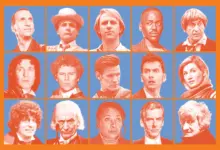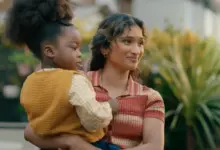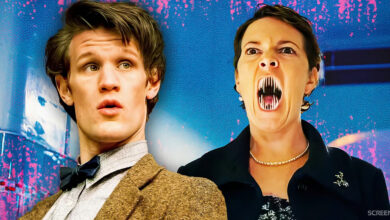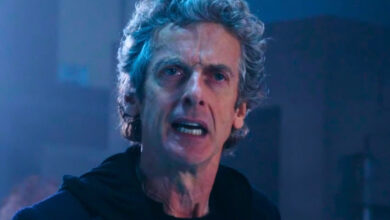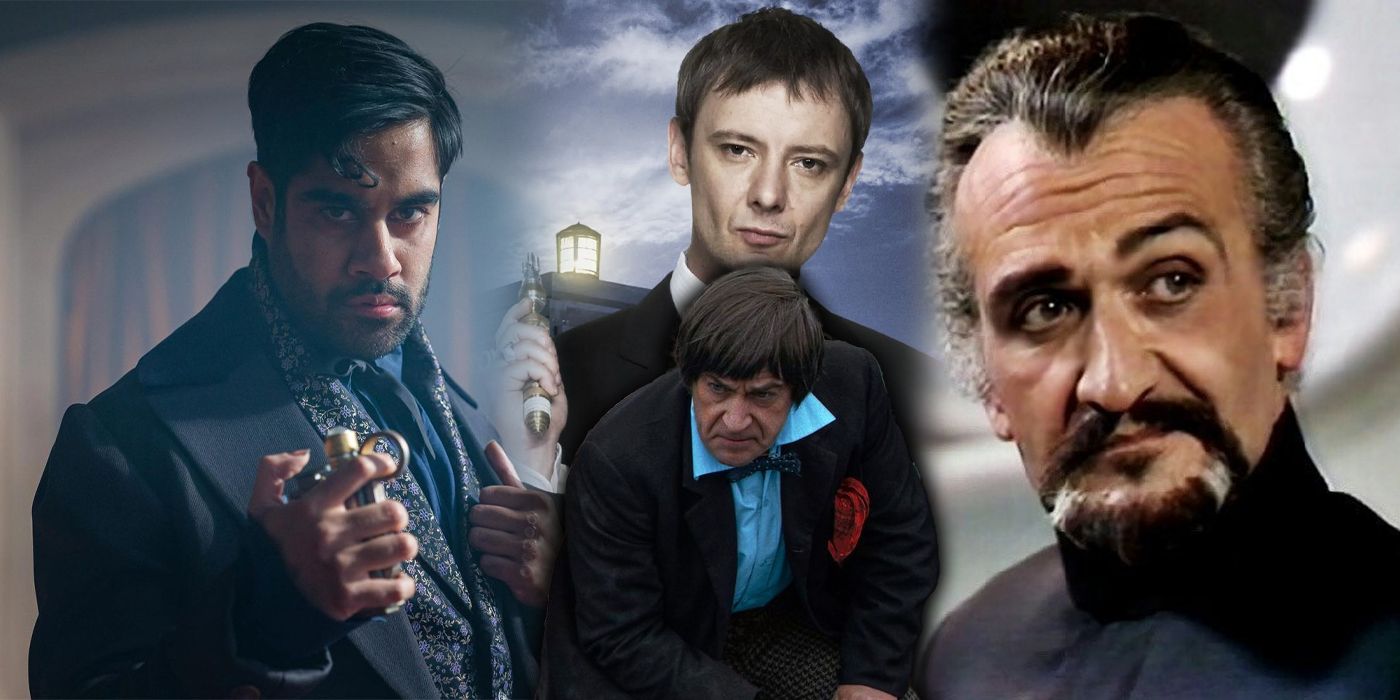
While a lot of fans are probably more accustomed to the modern era of Doctor Who, there are a plethora of classic episodes that still stand the test of time. Though they may be hard to find and sometimes difficult to understand, a lot of fans still see them as a valid resource for learning more about the show’s detailed canon. Plus, the grainy footage and low-budget props give them a charm that the more modern episodes just can’t match up to.
As part of its festive programming schedule, BBC Four released a remastered version of “The War Games,” a serial first released in 1969. At first glance, this episode may just seem like a space-age compilation of the world’s most famous wars. But upon closer inspection, these episodes mark key points in the show’s history and also introduce us to one of the most popular classic Doctors. Yet the remastered version supposedly confirms that one of the serial’s key villains is actually an earlier incarnate of one of Doctor Who’s most pivotal characters.
A Simple Piece of Music Ignited a Wealth of Speculation
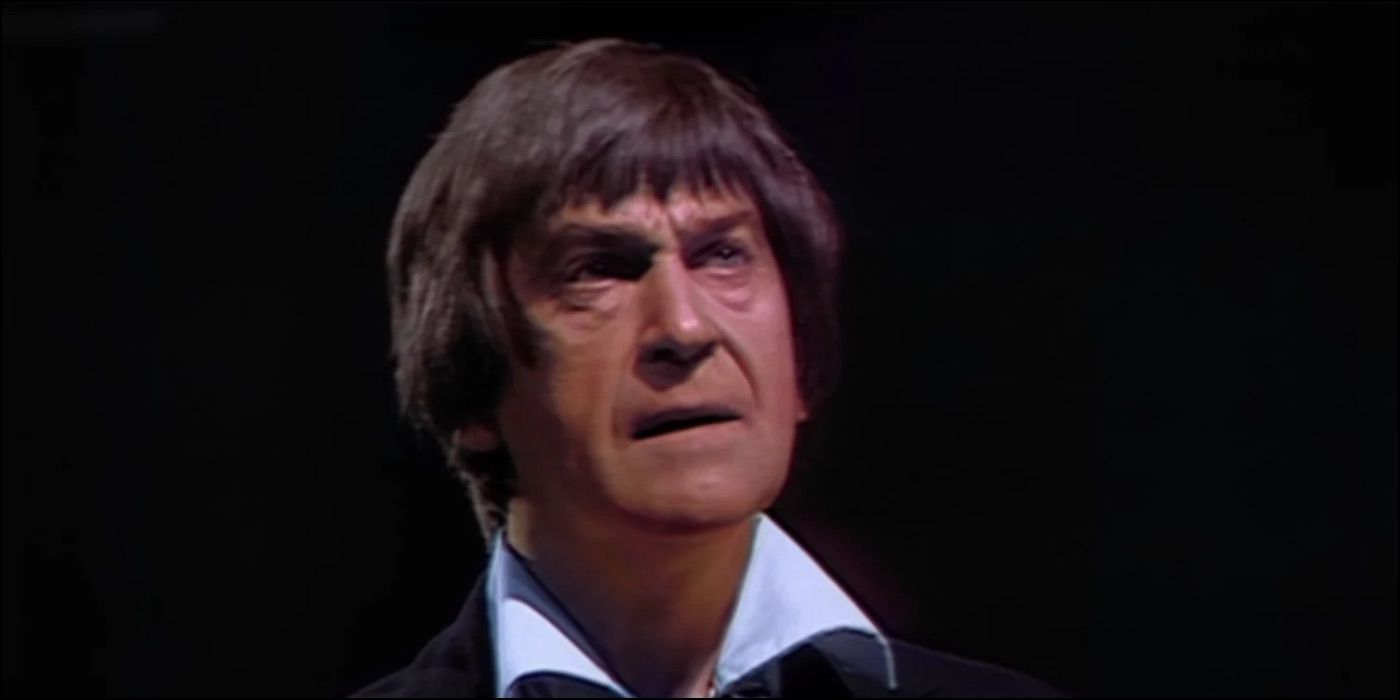
“The War Games” serial first appeared in Season 6 and is famous for being the last set of episodes in black and white. A handful of classic episodes have since been remastered or reanimated to preserve their quality, but it’s fair to say that this is one of the BBC’s most ambitious restorations to date. The episode focuses on The Doctor, Zoe, and Jamie as they arrive on an alien planet that seems almost identical to Earth. But, after meeting a handful of deluded WWI soldiers, they discover that these agents are being controlled by a group of renegades who are eager to cause as many wars as possible. So, the characters encounter gun-wielding cowboys from The American Civil War as well as an army of brutal Roman soldiers. While The Doctor manages to bring the War Chief to justice, he’s also punished by his own kind.
| Written By | Directed By | Original Release Date |
|---|---|---|
| Terrance Dicks and Malcolm Hulke | David Maloney | 19 April–21 June 1969 |
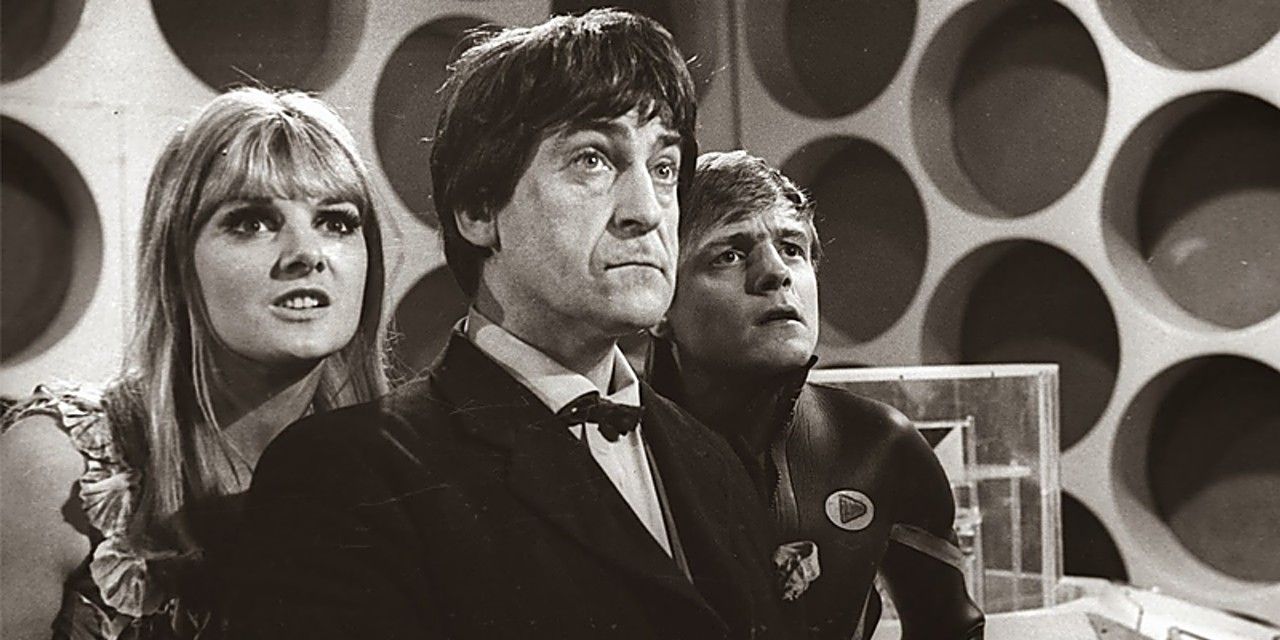
Related
Doctor Who: Why Second Doctor Patrick Troughton Left the Series
Patrick Troughton’s Second Doctor brought a new face and temperament to Doctor Who, setting the pattern for when and why actors would take their leave.
Since this series compiles over 90 minutes of footage, fans have the perfect opportunity to delve deeper into the alluring backstory of the War Chief. Throughout the special, he consistently reminds The Doctor that he is also a Time Lord and that the pair of them can use their ancestry and biology to control the galaxy. As such, this may remind fans of The Doctor’s most divisive enemy, The Master. Admittedly, this theory has been thrown around for decades, but a lot of audiences eventually decided to sweep it under the rug and just focus on how the modern era of Doctor Who was portraying The Master. But in the remastered special, the Master’s theme is repeatedly played in connection with the War Chief. This piece of music was initially created by prolific composer Murray Gold and was used throughout Seasons 3 and 4 of the reboot era. As such, Gold was keen to use his previous work to really lean into this long-standing fan theory. In an interview with the Radio Times, the show’s producer, Phil Collinson, notes:
We’ve got Murray Gold and Dudley Simpson’s Master themes under some of those big confrontations that he has with Patrick Troughton. It’s brilliant, such brilliant Doctor Who, but when you imagine it’s the Doctor and the Master, it becomes even more epic.
To add fuel to this exciting fire, when the War Chief is shot towards the end of the special, the iconic Regeneration Theme plays. So, not only does this drive home the idea that The Doctor and the War Chief are from the same race, but it also suggests that the latter is actually an early version of the person fans now know as The Master. While this doesn’t really impact the show’s canon too much, especially since The Master makes his first official appearance only a few episodes later in “Terror of the Autons,” it’s arguably a very sentimental touch.
The Classic Serial Added a Plethora of Modern Touches
.jpg)
Doctor Who is one of the longest-running TV series in history, so there’s a lot of content to discover. Yet, the Classic era tends to be overlooked in favor of more modern episodes, comics, and audio dramas. This may be because the earlier episodes look incredibly dated in comparison, and they’re also quite inaccessible to international viewers. Yet, “The War Games” solved this glaring problem by sprinkling in a few modern references throughout the remastered version. When the Second Doctor is put on trial back on his home planet, the Time Lords force him to regenerate and exile him on planet Earth. Before they alter his appearance for a third time, they offer him a range of looks to choose from. Thus, a large screen shows a picture of the 10th, 11th, 12th, and 13th Doctors. But the script is still the same, so he remarks that the 10th Doctor’s body is too thin and that the 12th Doctor is too old. Of course, a lot of viewers may find this scene a little cheesy and roll their eyes at Troughton’s exaggerated and false remarks. However, it’s hard to deny that this part is quite funny and works well to keep the show’s expansive canon intact.
Patrick Troughton’s son David appears in Episode 6 as Private Moor. He also played Professor Hobbes in “Midnight.”
For many years, this serial was missing its key regeneration sequence. In the original footage, this process took place off-screen and only showed the newly-announced Jon Pertwee falling out of the TARDIS in color. Yet, the BBC collaborated with a team of special effects artists known best as The Confession Dial. Thus, this group of fans helped to give Patrick Troughton and Jon Pertwee the regenerations they deserved by making this process very similar to the War Doctor’s transformation into the 9th Doctor in the 50th-anniversary special, “The Day of the Doctor.” Fans will best recognize these artists from their renowned YouTube channel as well as the reimagined title sequence they created for the 12th Doctor’s era. Again, this seems like such a minor development, but for Doctor Who fans, changes like this are pivotal. They help to shape the audience’s idea of regeneration and ensure that The Doctor’s legacy remains as cohesive and consistent as possible.
This Remastered Classic Foreshadows the Future of Doctor Who
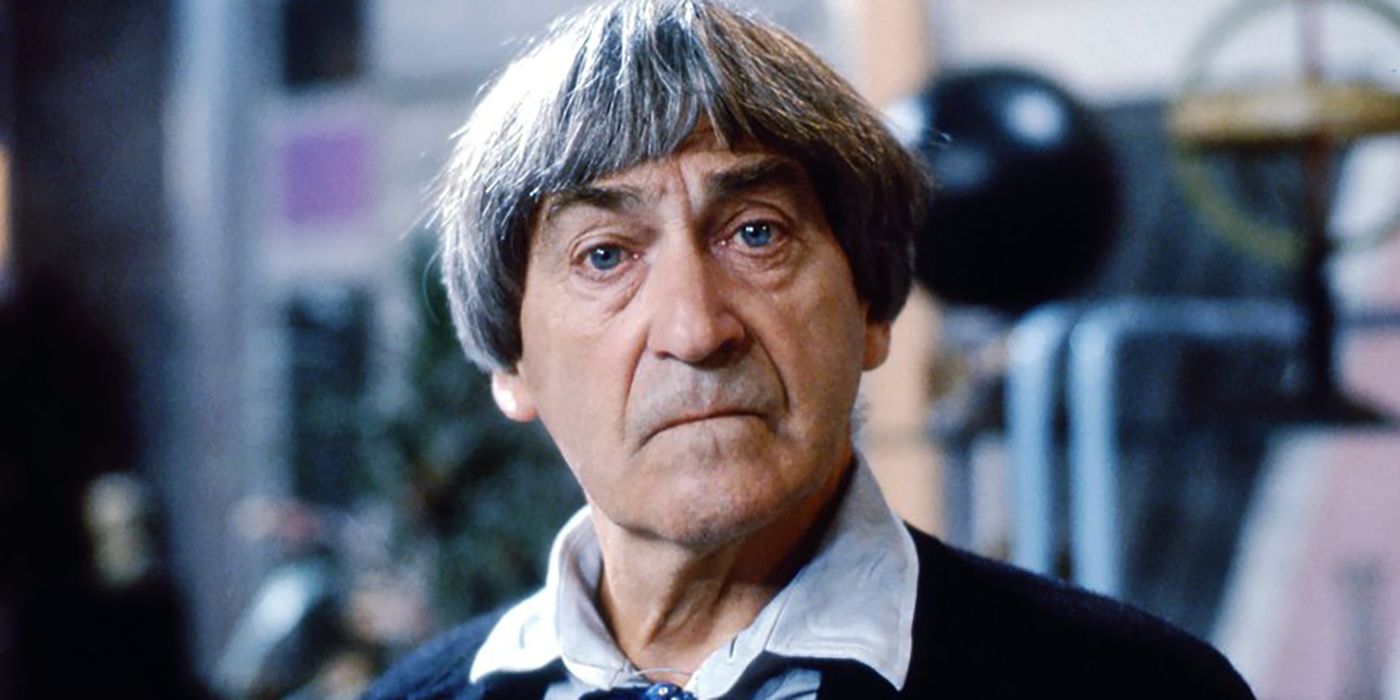
Without a doubt, earlier episodes of Doctor Who now have a lot to live up to. When fans are forced to compare the special effects used in the original “The War Games” compared to the most recent Christmas special “Joy to the World,” the differences are astronomical. While “Joy to the World” features an ultra-realistic T. rex and a ton of costumed characters, “The War Games” uses a handful of magnets on a whiteboard to inspire the look of a time-travel gadget. While a lot of long-time fans adore Doctor Who’s cheap sense of adventure, it is hard to ignore the extreme differences in quality.
However, by simply colorizing this serial, Doctor Who seems to be taking a step in the right direction. Fans now get to appreciate how the team wished for this story to be seen. Of course, the sets are obviously just cutouts, and even the exterior of the TARDIS looks a bit dated. Yet, these differences often need to be exposed for fans to truly understand the expansive lore behind Doctor Who. Audiences can now appreciate small details, such as the colors of Jamie’s costume or the warm glow of the TARDIS console. Restoring this footage is also important for the future of the BBC, which, for a lot of native viewers, is the home of the Whoniverse. More and more people are refusing to pay the TV licensing fee in favor of streaming services. So, by showcasing this special, the broadcaster proves that it can still compete with its latest rival, Disney+.
For international fans, this remastering indicates that more Classic-era content is on its way. Now that DVDs are considered obsolete around the world, Doctor Who has a duty to ensure that every fan can keep the show’s legacy alive. Although Doctor Who is gearing up for Season 15 on Disney+, “The War Games” proves that earlier episodes still play a huge part in the show’s key themes and perhaps allude to some surprises awaiting fans in the next season.
